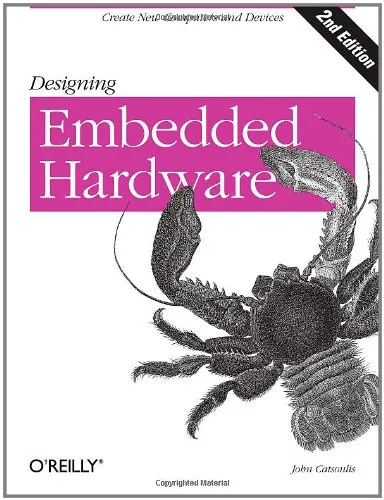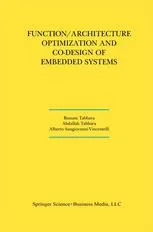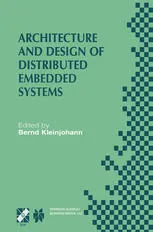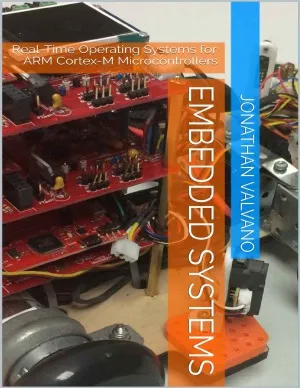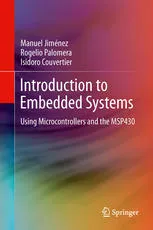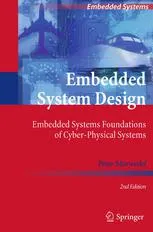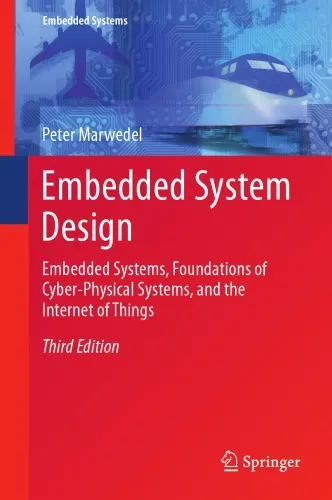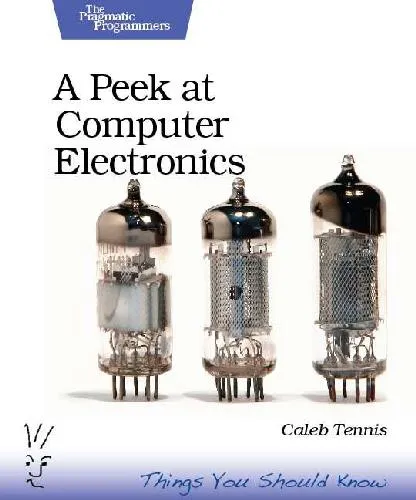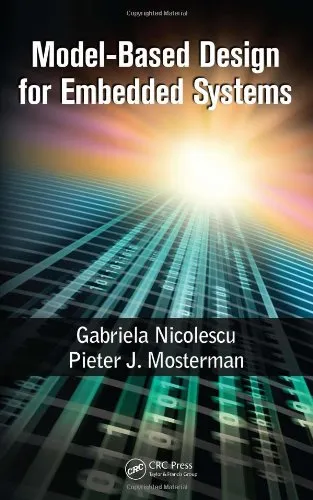Designing Embedded Hardware, 2nd Edition
4.6
Reviews from our users

You Can Ask your questions from this book's AI after Login
Each download or ask from book AI costs 2 points. To earn more free points, please visit the Points Guide Page and complete some valuable actions.Related Refrences:
Embedded computer systems literally surround us: they're in our cell phones, PDAs, cars, TVs, refrigerators, heating systems, and more. In fact, embedded systems are one of the most rapidly growing segments of the computer industry today.Along with the growing list of devices for which embedded computer systems are appropriate, interest is growing among programmers, hobbyists, and engineers of all types in how to design and build devices of their own. Furthermore, the knowledge offered by this book into the fundamentals of these computer systems can benefit anyone who has to evaluate and apply the systems.The second edition of Designing Embedded Hardware has been updated to include information on the latest generation of processors and microcontrollers, including the new MAXQ processor. If you're new to this and don't know what a MAXQ is, don't worry--the book spells out the basics of embedded design for beginners while providing material useful for advanced systems designers.Designing Embedded Hardware steers a course between those books dedicated to writing code for particular microprocessors, and those that stress the philosophy of embedded system design without providing any practical information. Having designed 40 embedded computer systems of his own, author John Catsoulis brings a wealth of real-world experience to show readers how to design and create entirely new embedded devices and computerized gadgets, as well as how to customize and extend off-the-shelf systems.Loaded with real examples, this book also provides a roadmap to the pitfalls and traps to avoid. Designing Embedded Hardware includes:The theory and practice of embedded systems Understanding schematics and data sheets Powering an embedded system Producing and debugging an embedded system Processors such as the PIC, Atmel AVR, and Motorola 68000-series Digital Signal Processing (DSP) architectures Protocols (SPI and I2C) used to add peripherals RS-232C, RS-422, infrared communication, and USB CAN and Ethernet networking Pulse Width Monitoring and motor control If you want to build your own embedded system, or tweak an existing one, this invaluable book gives you the understanding and practical skills you need.
Free Direct Download
You Can Download this book after Login
Accessing books through legal platforms and public libraries not only supports the rights of authors and publishers but also contributes to the sustainability of reading culture. Before downloading, please take a moment to consider these options.
Find this book on other platforms:
WorldCat helps you find books in libraries worldwide.
See ratings, reviews, and discussions on Goodreads.
Find and buy rare or used books on AbeBooks.
2014
بازدید4.6
امتیاز0
نظر98%
رضایتReviews:
4.6
Based on 0 users review
Questions & Answers
Ask questions about this book or help others by answering
Please login to ask a question
No questions yet. Be the first to ask!
